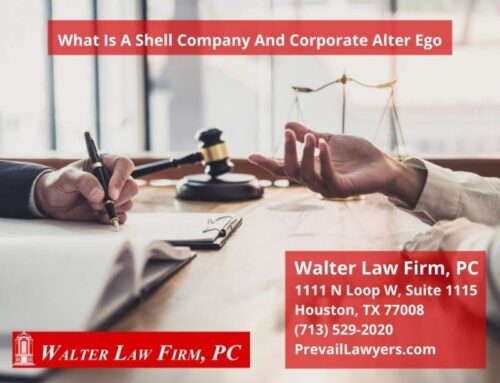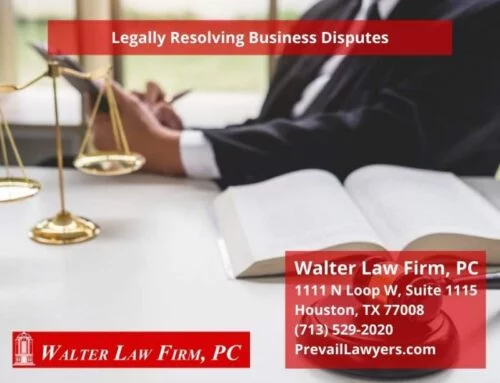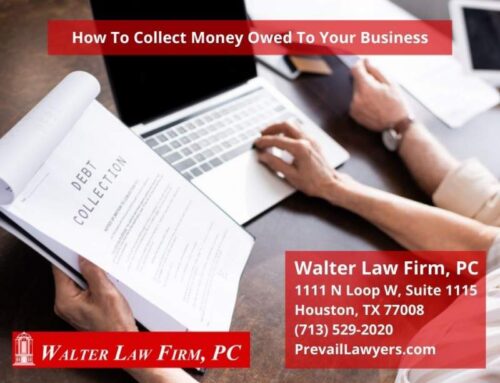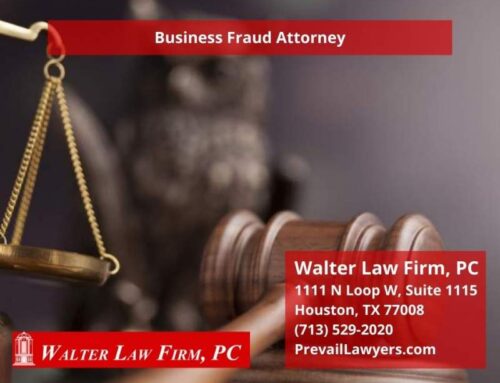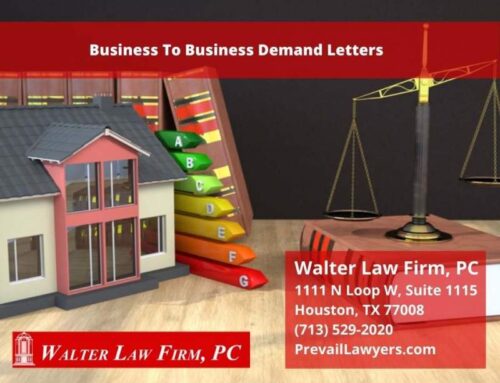LLC to Protect Personal Assets
Many people wonder whether they should operate their business as an LLC or corporation, specifically in order to protect their assets from potential exposure for business debts. While this is one of many good reasons for forming an entity, the answer as to whether it will effectively protect your assets is – as always – “It depends.”
Does an LLC Protect Your Personal Assets?
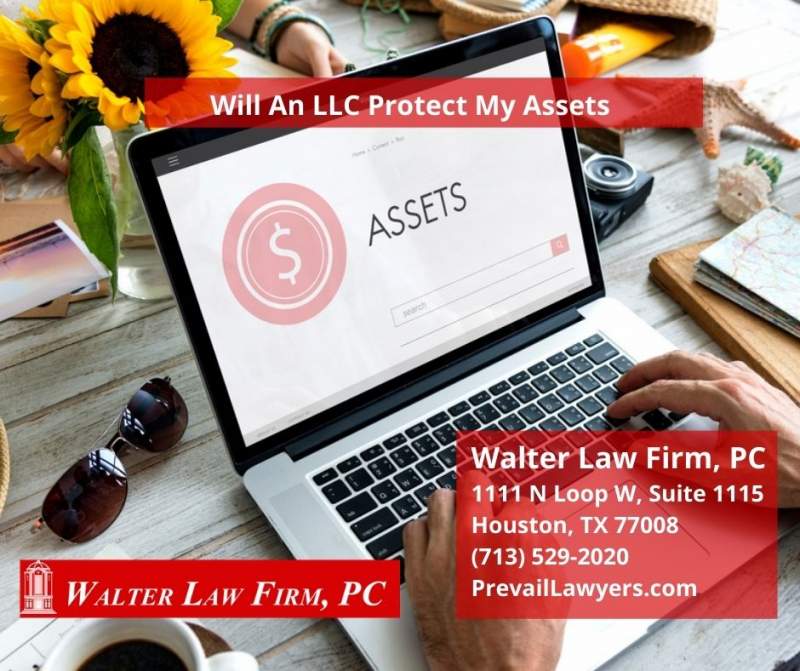 Yes, operating as an entity can protect your personal assets from some types of debts. The primary ways in which people fail to get the asset protection they want are:
Yes, operating as an entity can protect your personal assets from some types of debts. The primary ways in which people fail to get the asset protection they want are:
Personal Creditor Might Go After The LLC When…
- Failure to set up the entity properly. Now that companies like Legal Zoom exist, many people mistakenly believe that they can get the same service from those companies that they would get from a lawyer, at a lower cost. What they don’t realize is that Legal Zoom doesn’t provide any legal advice on how to set up or operate the entity. For example, such companies only register the entity with the Secretary of State in the State that you tell them to. If you are living and working in both Texas and Tennessee, for example, and have only registered the company in Texas, none of your business activities in Tennessee are protected by your new entity. Also, there will be no company Bylaws, Shareholder Agreements or Company Agreements created. While this won’t matter for an entity owned by one person or a married couple, it will matter tremendously if the entity is owned by two or more people who are not married. You can be certain that there will be disagreements, even among long term friends, and without some written agreement about how to resolve those disputes, you could be in for an expensive lesson in the value of good legal advice, not only to the new entity, but to the owners, as well.
- Failure to do business in the name of the entity. All business documents should reflect the company name – not just bank accounts, business cards and contracts, but also your marketing materials, website, invoices and checks should reflect the company name, preferably with the designation of “LLC,” “Inc.,” Corp.,” “LLP,” as appropriate. Vendors are prone to put the name of any one they’re talking to on contracts – they don’t care who it is that is obligated, but you dDo care. They typically won’t object if you correct their contract to show the proper entity name, and then sign the contract on behalf of the entity, with your title, to make it clear that the entity is signing the contract, not you, personally.
- Failure to operate as a separate entity. Many people fail to create a separate bank account and accounting system for the new entity, and instead comingle their personal and business funds. This can give creditors the ability to “pierce the corporate veil” and successfully assert that the entity is an alter ego (just another name) for the owner(s). Similarly, the business owners cannot simply withdraw funds for personal expenses without documenting whether such withdrawals are distributions, reimbursements, or repayment of capital – even if the entity has only one owner. I tell people to think of their entity as a child, and they should consider whether each contract, income item or expense is for them personally, or for their “child,” so that they get in the habit of treating the company as a separate person.
- Failure to pay taxes. I once had a client who set up a new entity to purchase an existing business. Six months later, business was going great, and he threw a big party to celebrate the success of his new business. The next morning, he received a notice from the IRS that he had failed to pay to the government the taxes that he had withheld from his employees. Since a failure to remit payroll tax withholding funds will result in a 100% penalty being assessed against anyone with control over the company funds, he now had personal liability for twice the amount of taxes due, which could have been avoided. Personal liability will also attach for failure to remit sales taxes, so make sure you have a good understanding about what has to be paid and when.
- Failure to keep the entity active. Once the entity is set up, you must file annual franchise tax returns in order to keep it active. If you do not, the company charter will be forfeited, and you will have personal liability for any business conducted while the company is not active.
- Personal guarantees. Some companies will insist on a personal guaranty in order to work with them, especially if you are a new entity without a history with them. Banks and commercial landlords almost universally require personal guarantees. If you’ve personally guaranteed an account, having an entity won’t protect you from personal liability – personal liability is the goal.
Are Assets In An LLC Protected From Creditors
This is by no means an exhaustive list, but will give you some idea of the most common ways in which people end up with personal liability even when they have created an LLC, corporation or other entity.
If you have concerns about personal liability, give us a call to discuss your situation, because
It Feels Good to Prevail!
You May Also Be Interested In…
- Business Contracts And The Statute Of Frauds
- How To Get A Debt Lawsuit Dismissed
- Should My Business Keep An Attorney On Retainer?
Visit Our Houston Office

